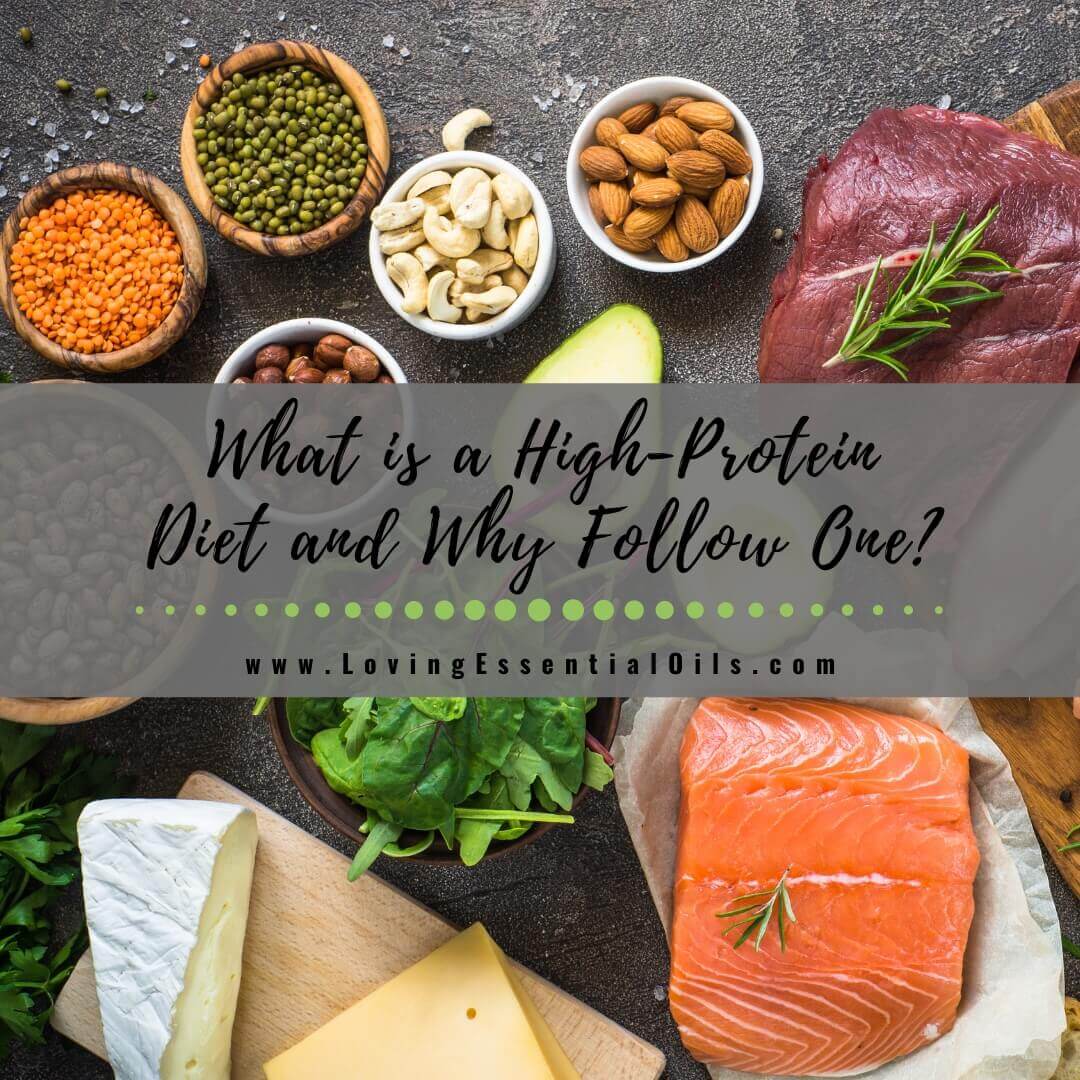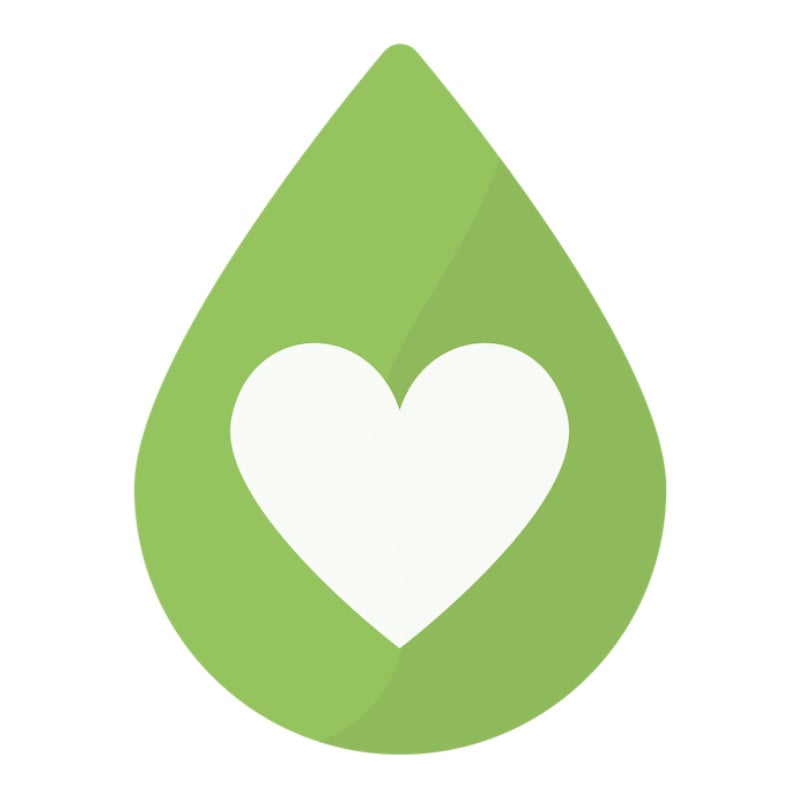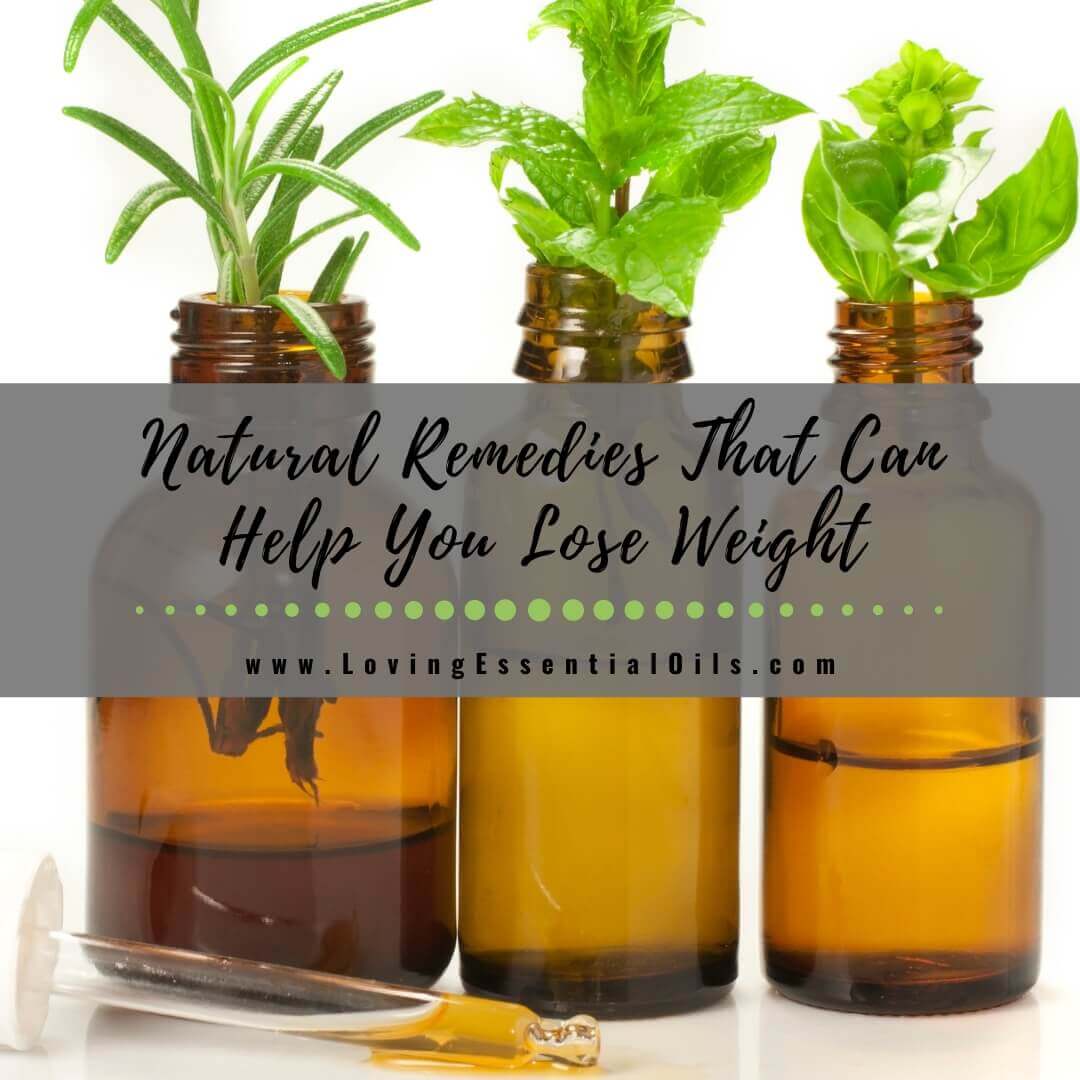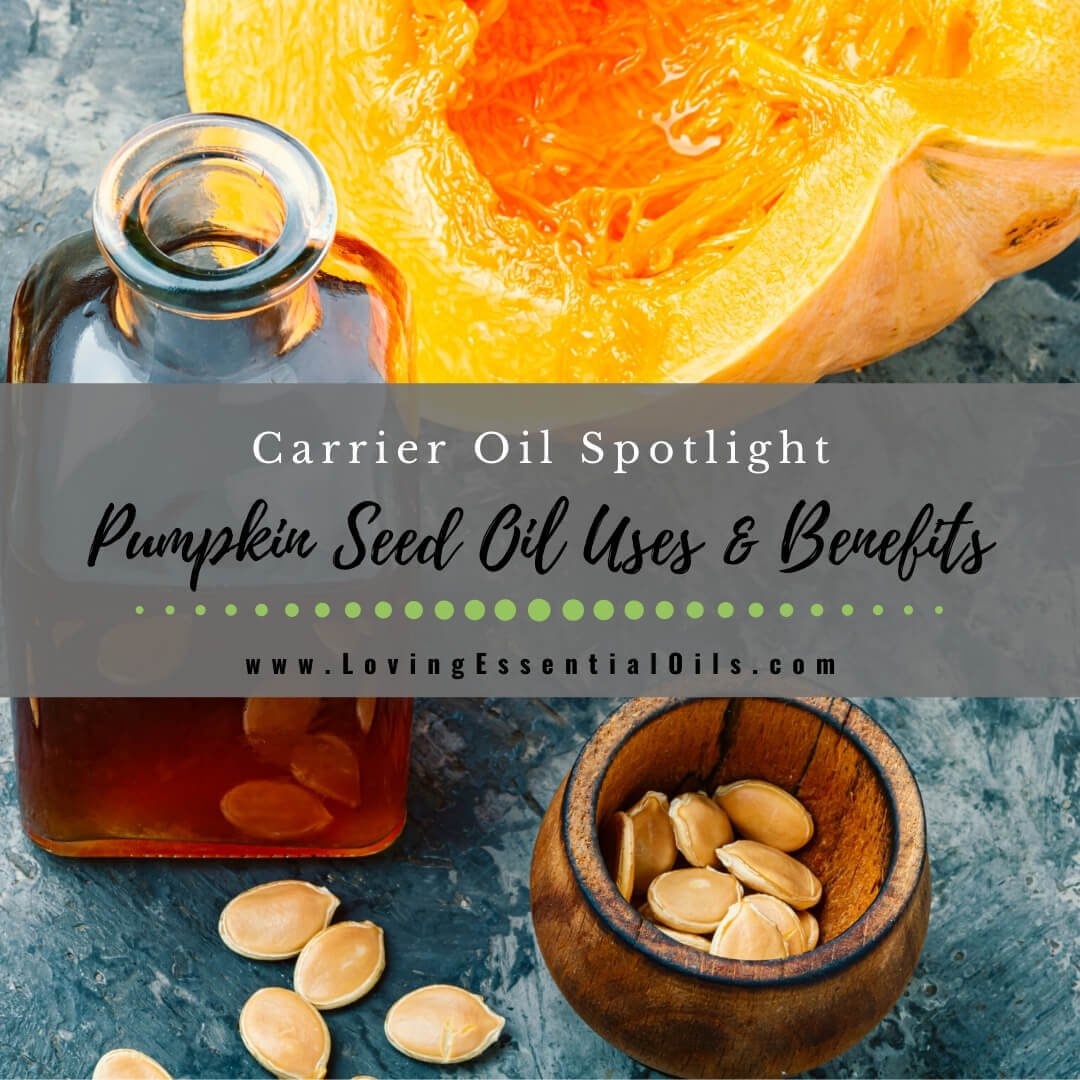In this article, we'll explore the fundamentals of a high-protein diet and who should consider following this type of eating pattern. We'll also review potential benefits (and pitfalls), so you can decide if a high-protein diet is proper for you.
What is a high-protein diet, and what are the benefits of following on?
A high-protein diet is a diet that emphasizes the consumption of foods high in protein. These diets support lean muscle growth, promote weight loss, and increase energy. By consuming more protein than carbohydrates, the body shifts into a fat-burning state and encourages muscle production instead of fat.
High-protein diets can be adjusted depending on individual goals and preferences; vegetarian, vegan, and general low-carbohydrate versions are available for those wishing to avoid animal proteins.
Familiar food sources consist of dairy products such as eggs, cheese, cottage cheese, and Greek yogurt; meat and poultry like fish, beef, chicken, or pork; legumes including beans or lentils; nuts or seeds like cashews and sunflower seeds; grains such as quinoa or oatmeal; as well as tofu.
Combining these ingredients can provide various health benefits for individuals looking for natural ways to improve their health and well-being.
Who should follow a high-protein diet and why?
A high-protein diet can be beneficial for anyone looking to build muscle, support healthy weight loss, or increase overall nutrition. Understanding one's needs and goals are essential before beginning any high-protein diet.
For those looking to lose weight, high protein diets can help shed excess pounds by providing satiety or a feeling of fullness, which can help curb cravings and urges to snack throughout the day. High-protein snacks are also beneficial, as they provide a convenient source of high-quality protein without the additional calories from high-sugar or high-fat sources.
For those looking to increase muscle mass, high-protein diets can provide the necessary protein to build muscle and improve overall fitness. Eating high-quality proteins before and after workouts or exercise sessions can help promote the growth of lean muscle mass.
Additionally, high-protein diets benefit anyone looking to increase their overall nutrition, as high-quality protein sources are packed with essential vitamins and minerals.
How to follow a high-protein diet correctly for optimal results
When beginning any high-protein diet, finding a balance between protein and other macronutrients, such as carbohydrates and fats, is crucial. Generally speaking, high-protein diets should consist of 25 to 35 percent of daily calories from protein sources. Additionally, the majority of high-quality sources of protein should come from plant-based foods like legumes, nuts and seeds, grains, and vegetables.
It's also important to remember that high-protein diets should be balanced with high-quality carbohydrates such as whole grains, fruits, and vegetables. It is essential for providing the body with essential vitamins, minerals, fiber, and antioxidants for overall health. High-protein diets should also include high-quality fats such as olive oil, nuts and seeds, avocados, and fatty fish.
What are some high-protein snack options?
High-protein snacks are a great way to ensure that you get enough protein in your diet without the additional calories from high-sugar or high-fat sources. Popular high-protein snacks include Greek yogurt with nuts and seeds, hard-boiled eggs, cottage cheese or hummus with vegetable sticks, nut butter on whole grain toast, low-sugar, high-protein bars, high-protein smoothies made with almond milk, and high-protein trail mix.
The best foods to include in your diet
The best foods include lean meats such as turkey and chicken; dairy products like eggs, cheese, Greek yogurt, and cottage cheese; legumes including beans or lentils; nuts or seeds like cashews and sunflower seeds; grains such as quinoa or oatmeal; as well as tofu.
Additionally, high-protein snacks like nuts and seeds, high-protein bars, or high-protein shakes can be beneficial when looking to increase overall protein intake.
The worst high-protein foods to avoid at all costs
As it is essential to include high-quality sources of protein in one's diet, it is equally vital to avoid high-protein foods high in fat or added sugar. These include processed meats such as bacon and sausage, high-fat dairy like full-fat cheese, high-sugar protein bars or shakes, and fried proteins like fried chicken or fish.
By avoiding high-fat and high-sugar high-protein foods, individuals can maintain the balance necessary for optimal health benefits from high-protein diets.
Sample meal plan for a high-protein diet
Let's have a look at an example of a high-protein meal plan:
Breakfast: ¾ cup oatmeal, one scoop of protein powder, and a handful of walnuts
Lunch: 2 ½ cups of cooked quinoa, 1 cup of cooked black beans, and 4 ounces of grilled chicken breast
Snack: 1 apple with two tablespoons of almond butter
Dinner: 4 ounces of grilled salmon, 1 cup of steamed broccoli, and ½ cup of cooked brown rice
Snack: 2 high-protein bars or high-protein shakes
This high-protein meal plan dramatically increases one's overall protein intake while still getting the necessary vitamins and minerals from high-quality carbohydrates, fats, and produce.
In conclusion
High-protein diets can benefit those looking to increase muscle mass or improve overall nutrition. Finding a balance between high-quality sources of protein and other macronutrients like carbohydrates and fats is essential. Additionally, one must include high-quality high-protein snacks such as high-protein bars, shakes, nuts, and seeds in one's diet for optimal benefits. Finally, avoiding high-fat or high-sugar high-protein foods like processed meats or high-sugar protein bars and shakes is essential.





